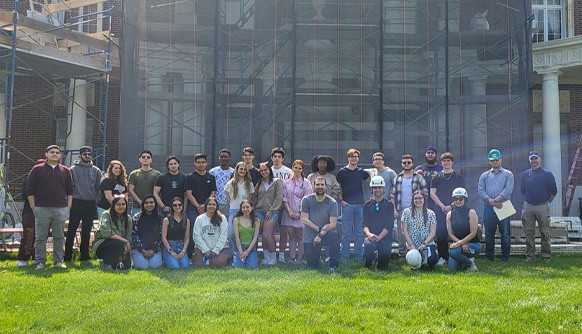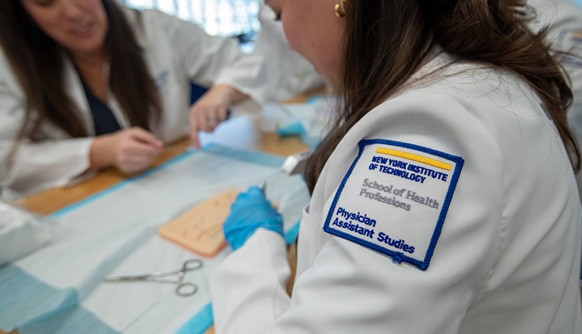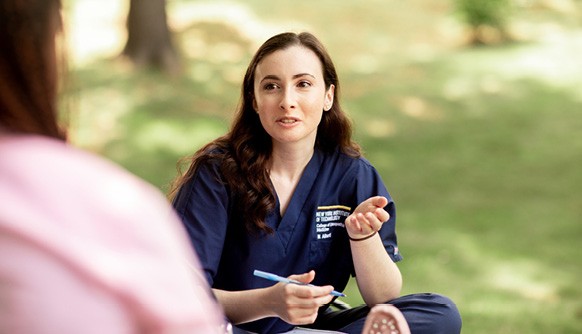News
Get Your Flu Shot!
October 19, 2020
The Centers for Disease Control and Prevention (CDC) has advised Americans to get their flu vaccine by the end of October. Given this year’s influenza strains will be in circulation during the COVID-19 pandemic, experts are cautioning the public to expect a flu season unlike any other—making the yearly flu shot more critical than ever.
Each year, the seasonal flu vaccine protects against the influenza viruses that research indicates will be most common that upcoming season. Flu vaccines cause antibodies to develop in the body about two weeks from the time someone receives the shot. These antibodies protect against infection through a “dead” form of the influenza virus. Most United States flu vaccines protect against four different flu viruses: influenza A (H1N1) virus, influenza A (H3N2) virus, and two influenza B viruses.
New York Tech students, faculty, and staff who are on campus can conveniently get their yearly flu shot at the W. Kenneth Riland Academic Health Care Center by appointment, a point echoed by Brian Harper, M.D., chief medical officer, in an October 8 message to the New York Tech community.
“We strongly encourage you to get your flu vaccine as soon as possible at our Academic Health Care Center or your local resource, which includes many urgent care facilities, drug stores, and healthcare providers,” he said.
The Academic Health Care Centers will also make flu shots available on October 27 at the Long Island campus Student Activities Center (SAC) basketball court and on October 28 at the New York City campus in the First Floor Library in 1855 Broadway. Community members are asked to bring health insurance cards, though those without a card will not be turned away.
According to the CDC, the flu vaccine prevents millions of illnesses and flu-related doctor visits each year. During 2018-2019, flu vaccination prevented an estimated 4.4 million influenza illnesses, 2.3 million influenza-associated medical visits, 58,000 influenza-associated hospitalizations, and 3,500 influenza-associated deaths.
Stay informed on all community COVID-19 updates and resources.





